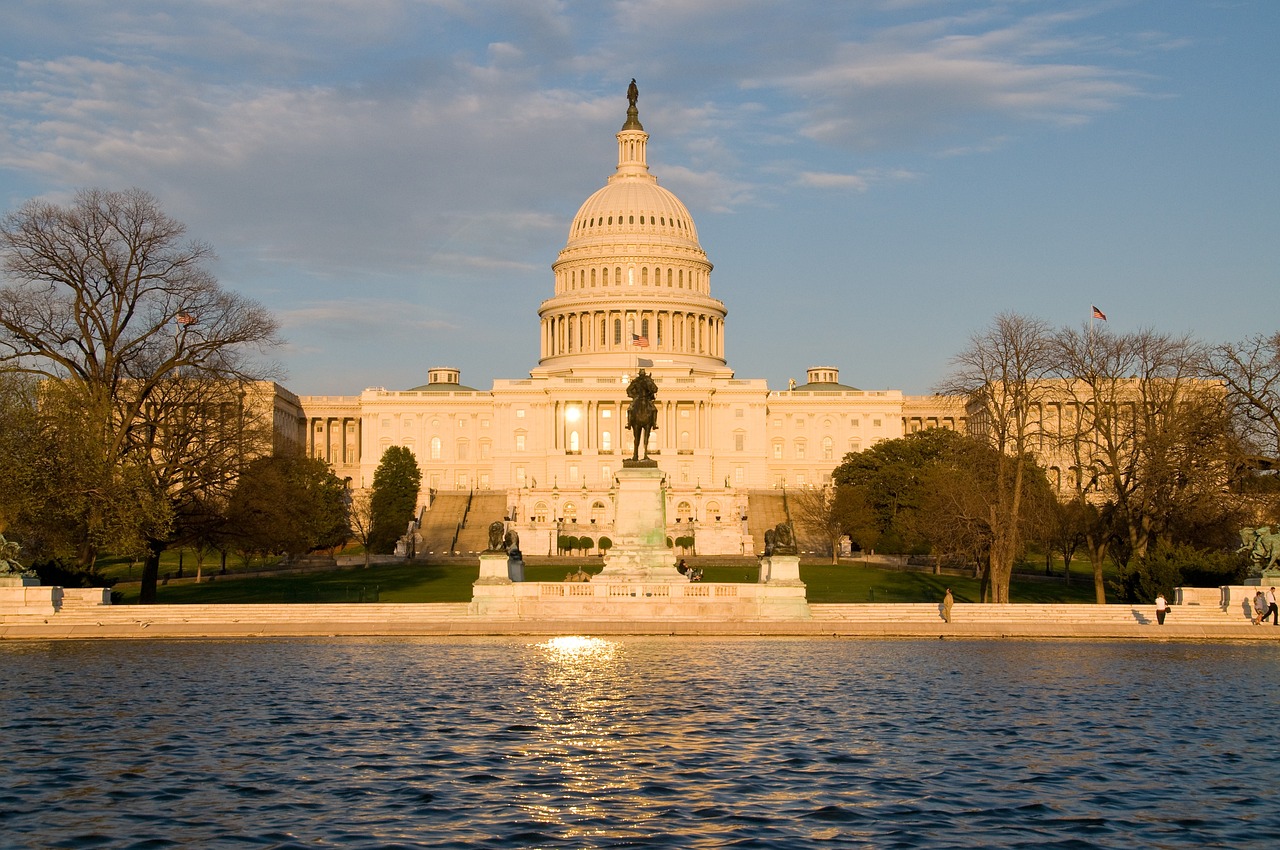New Climate Report Affirms Importance of Efficiency
Let's Save Energy
Alliance to Save Energy's Blog
New Climate Report Affirms Importance of Efficiency

Riding on the coattails of a flurry of legislative activity occurring before August recess, House Democrats released their highly anticipated Climate Crisis Action Plan yesterday, billed as the most ambitious climate plan ever introduced.
The Action Plan was introduced by the House Select Committee on the Climate Crisis, a bipartisan committee chaired by Rep. Kathy Castor (D-Fla.) that was created in January 2019 with a mission to develop recommendations to achieve substantial and permanent reductions in greenhouse gas emissions (GHGs) and other activities that contribute to climate change. Consultations with thousands of stakeholders and analytical modelling undertaken for more than a year culminated in virtually hundreds of policy recommendations that, if enacted, could set the country on a path to achieving net-zero GHG by 2050.
The 547-page, almost encyclopedic report confirms what we’ve known for a long time: efficiency is a critical component for achieving deep emissions reductions. It’s also great to see that efficiency and equity are woven throughout almost all the plan’s 12 “pillars,” rather than siloed to one section. Here are some of the ‘best in efficiency’ recommendations included.
The report includes significant components of all four of the Alliance’s COVID-19 policy priorities for recovery, helping to create jobs, benefit consumers and business owners, and build resilience:
- Tax policy is identified as a key tool for expediting the deployment of energy efficiency. Recommendations align with the Alliance’s work on tax incentives, including strengthening and modernizing the Sec. 25C tax credit for homeowner improvements, the 179D tax deduction for commercial buildings, and the 45L tax credit for construction of high-efficiency new homes.
- Many of the Alliance’s 50x50 principles are included, such as maintaining and improving existing infrastructure and bringing it up to a state of good repair. Specific recommendations include doubling federal spending on public transit, extending consumer tax credits for the purchase of EVs, extending the 30C alternative fuel infrastructure tax credit, authorizing grants to deploy EV charging infrastructure along the national highway system, and robust demonstration and pilot deployments to ensure that burgeoning technologies achieve efficient outcomes.
- The recommendations also pull right from the Alliance’s Small Business Energy Efficiency Grant Program proposal, which would create a Department of Energy grant program to enable small businesses to make cost-saving energy efficiency upgrades by leveraging existing utility DSM programs (and other state or commission-approved third-party programs) to cover the customer cost-share of efficiency projects, therefore eliminating the cost of upgrades for small businesses.
- The report places a premium on resilience, suggesting the Open Back Better Act of 2020 (H.R. 7303/S. 4060) as a good place to start. The bill, jointly released by Rep. Lisa Blunt Rochester (D-Del.) and Sen. Tina Smith (D-Minn.) this week, would authorize $20 billion over four years for states, federal agencies, and tribes to upgrade the resilience and energy efficiency of mission critical public building infrastructure. It squarely aligns with the Mission Critical Facilities Program proposed by the Alliance and other groups.
And of course, the plan is chock-full of ‘bread-and-butter’ efficiency policies that have been central to our advocacy efforts, including recommending that Congress incentivize state and local adoption of updated model building codes, establish a national energy benchmarking program for all commercial buildings, incentivize the adoption of performance-based building standards, increase Weatherization Assistance Program funding, and increase the efficiency of our nation’s water systems by establishing a Water Efficiency and Conservation Block Grant Program.
It’s refreshing to see that the plan also urges Congress to harness the power of digital technologies to make our energy system more efficient and resilient. This reinforces the work being undertaken by the Active Efficiency Collaborative – a coalition of stakeholders committed to crafting policy frameworks that ensure that we get this energy transition right. To achieve deeper energy savings, the Committee recommends that Congress expand federal research on ‘smart’ building energy systems, grid-connected demand-side management technologies, and coordination of building energy systems with onsite electricity generation and energy storage.
Let’s Maximize Energy Efficiency
The report emphatically states that we need to maximize energy efficiency to tackle the climate crisis. We couldn’t agree more, and we look forward to working with lawmakers on both sides of the aisle to translate these recommendations into law.
RECENT BLOG POSTS
STAY EMPOWERED
Help the Alliance advocate for policies to use energy more efficiently – supporting job creation, reduced emissions, and lower costs. Contact your member of Congress.
Energy efficiency is smart, nonpartisan, and practical. So are we. Our strength comes from an unparalleled group of Alliance Associates working collaboratively under the Alliance umbrella to pave the way for energy efficiency gains.
The power of efficiency is in your hands. Supporting the Alliance means supporting a vision for using energy more productively to achieve economic growth, a cleaner environment, and greater energy security, affordability, and reliability.



